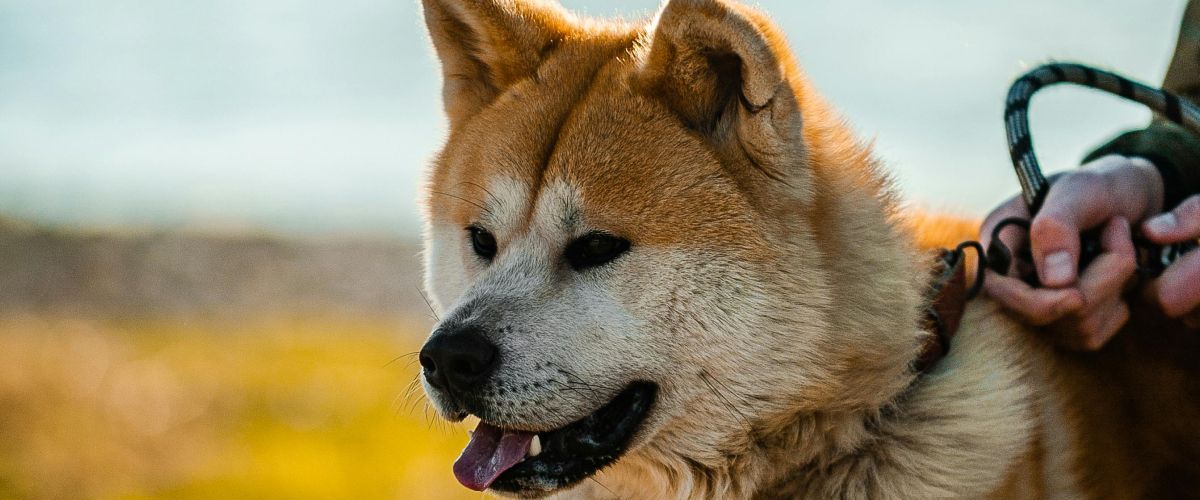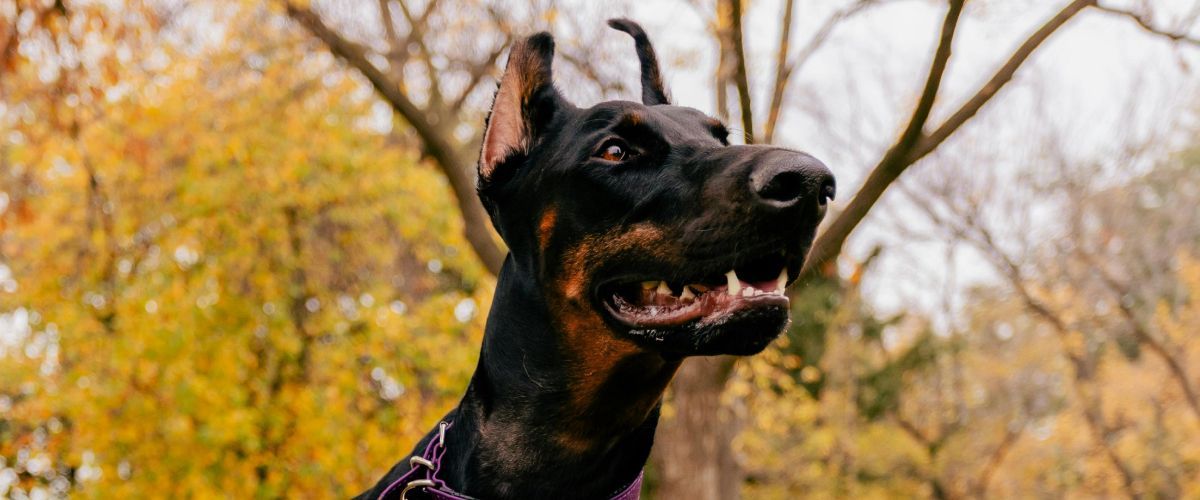Why Your Senior Dog Is Panting
Panting in senior dogs can be a concern for many pet owners. While panting is a normal behavior for dogs to regulate their body temperature, excessive or unusual panting in older dogs may indicate an underlying health issue. There are several reasons why your senior dog may be panting, and understanding these causes can help you determine whether it’s a natural part of aging or a sign that your dog needs medical attention.
One common reason for panting in senior dogs is their difficulty in regulating body temperature. As dogs age, they may become more sensitive to heat, making them pant more frequently, especially during warmer weather or after physical activity. However, panting can also be a sign of discomfort or pain. Senior dogs often suffer from conditions like arthritis, which can cause joint pain, leading to increased panting. Additionally, internal pain from issues such as dental disease or gastrointestinal problems may also manifest as excessive panting.
Heart disease is another potential cause of panting in older dogs. As dogs age, they can develop heart conditions, such as congestive heart failure, which may lead to symptoms like panting, coughing, lethargy, and difficulty breathing. Respiratory issues, such as chronic bronchitis or tracheal collapse, are also common in senior dogs and can cause breathing difficulties, resulting in panting. If your senior dog is overweight, obesity could further strain their respiratory system, making them pant more frequently.
In some cases, cognitive dysfunction syndrome (CDS), a condition similar to dementia in humans, can cause senior dogs to pant excessively. CDS may lead to confusion, anxiety, and restlessness, particularly at night, resulting in increased panting. Another medical condition to consider is Cushing’s disease, which is caused by an overproduction of cortisol. Senior dogs with Cushing’s disease may display symptoms such as excessive panting, a pot-bellied appearance, increased thirst, and frequent urination.
Medications can also be a factor in panting. Certain drugs, especially steroids or medications for arthritis and pain management, can cause panting as a side effect. If your senior dog recently started new medication and has begun panting more, it may be worth discussing with your veterinarian. Additionally, anxiety or stress can lead to panting in older dogs. Changes in their environment, routine, or even separation anxiety can cause increased stress, resulting in panting.
If you notice your senior dog panting excessively, it’s essential to observe any other symptoms that may accompany it, such as coughing, lethargy, or weight loss. Always consult your veterinarian if the panting seems abnormal or if you suspect a medical condition. Providing a comfortable environment, ensuring your dog is not overheated, and monitoring their behavior can help in managing panting and identifying potential health issues in your senior dog.
Optimizing your understanding of these common causes of panting in senior dogs can ensure your furry friend stays comfortable and healthy in their golden years.
The post Why Your Senior Dog Is Panting appeared first on Angelpaw.







